8 Ways Drinking Alcohol Could Give You Anxiety
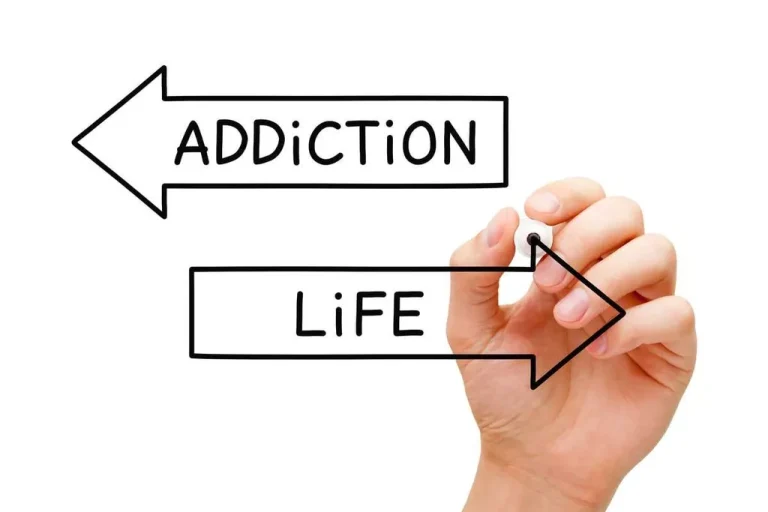
Without proper care, these symptoms can quickly escalate and become life-threatening. Medical supervision is important, especially for anyone who is at risk of alcoholic seizures. Doctors and nurses closely monitor vital signs, manage symptoms, and are prepared to handle emergencies like seizures or severe dehydration. This oversight ensures that any complications are dealt with right away, increasing the level of safety during withdrawal.
- Awareness or consciousness return slowly after the alcohol withdrawal seizure ends.
- Although these are the most common withdrawal symptoms a person can experience during detox from alcohol, there’s a much more serious withdrawal syndrome symptom.
- Symptoms of alcohol withdrawal can start as soon as six hours after the last drink.
- As a result, people feel malaise (a general feeling of unwellness), fatigue, headache, and other physical symptoms.
- Seizures may occur in around 5% of people with alcohol withdrawal syndrome.
Is Seasonal Depression Real? Effective Treatments and Coping Strategies

When the nervous system is overly depressed, it can lead to conditions that increase the likelihood of seizures when large amounts of alcohol are used. Though drinking can temporarily blunt feelings of anxiety, this isn’t a suitable method to manage anxiety (or any mental health condition). Quitting alcohol can prevent anxiety and give you the space to develop healthy means of managing your condition.
- If you think you may be struggling with alcoholism or have experienced an alcohol-induced seizure, it may be time to seek professional help.
- Drinking too much alcohol at once can increase your risk of seizures, especially if you binge drink or have a history of seizure problems.
- Hangovers or withdrawal from alcohol can worsen anxiety symptoms, especially among people who drink heavily or those with alcohol use disorder.
- The combination of Wernicke’s and Korsakoff’s syndromes is not a complication of AW but rather of a nutritional deficiency.
- Gait disturbance due to sensory ataxia may be difficult to distinguish from, or be concomitant with, alcoholic cerebellar degeneration.
When Are You Most at Risk for Withdrawal Seizures?
Selected laboratory values included CK 7000 IU/L, potassium 3.7 mmol/L, creatinine 1.3 Sobriety mmol/L, phosphate 3.1 mmol/L, and serum myoglobin 1250 μmol/L. Cessation from ethanol is paramount to improvement, as it is for disorders of CNS involvement. Long-term follow-up of reformed alcoholics demonstrates that significant improvement of alcoholic neuropathy is possible, although often incomplete.
What Are the Risk Factors of Alcohol Withdrawal?
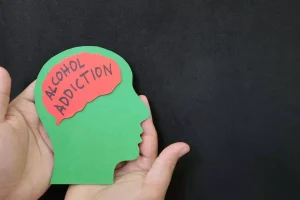
Our medically-managed detox and recovery program is tailored to your needs to help you overcome withdrawal symptoms and achieve lasting sobriety. One of our medical professionals will bring your appointments directly to your home , offering unparalleled privacy and discretion. Consult your family physician or contact a licensed addiction specialist to create a recovery plan and address concerns such as how to prevent alcoholic seizures during withdrawal.
If you or a loved one is struggling with an alcohol use disorder (unhealthy patterns of alcohol consumption), get in touch with Discover Recovery Treatment alcohol withdrawal seizure Center today. We offer holistic addiction treatment programs that are tailored to the needs of each client. Supervision by our highly experienced healthcare team during alcohol detox can lower the risk of alcohol withdrawal seizures and keep you safe and comfortable as you start your journey to lasting sobriety. When alcohol consumption is stopped after prolonged alcohol abuse, these suppressive effects of alcohol are withdrawn. The sudden change in brain chemistry results in overactivity in the brain, which is what causes the alcohol withdrawal syndrome.
Someone with delirium tremens may have hallucinations, psychosis, heartbeat changes and high body temperature. Seizures often occur during delirium tremens but are not always a symptom of this condition. Withdrawal seizures also happen independently of delirium tremens, and having seizures during withdrawal doesn’t necessarily mean that delirium tremens is present. Alcohol poisoning can increase the risk of seizures beyond what simply using too much alcohol would. Alcohol poisoning can severely reduce your blood sugar levels, leading to hypoglycemia.
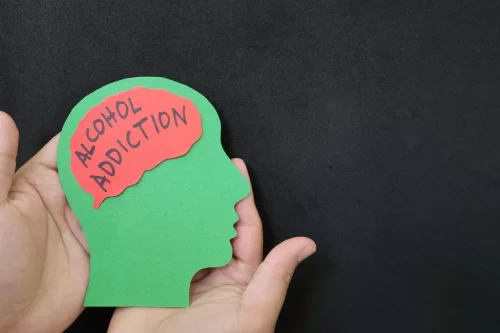
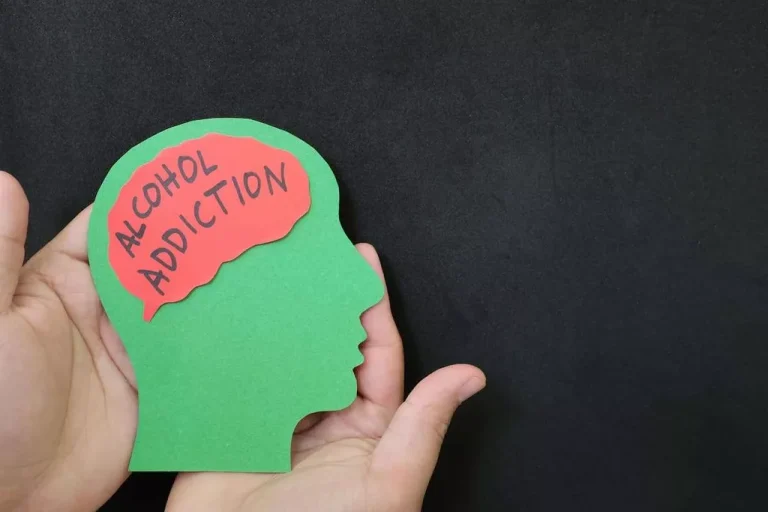
Building healthy habits, such as eating a balanced diet, exercising regularly, and getting enough sleep, helps your body recover and reduces the levels of stress that can trigger withdrawal symptoms. If you or somebody you know are experiencing alcohol seizures, it’s a clear sign that professional help is needed. At The Blackberry Center, we’re dedicated to helping those struggling with alcohol abuse begin the journey to lifelong recovery.
Alcohol Seizures and Brain Damage
Life-threatening complications such as delirium tremens (DTs), occur due to excessive nervous system hyperactivity following alcohol cessation. Individuals with a history of severe withdrawal or prolonged alcohol use are at the highest risk. Treating an alcohol withdrawal seizure requires immediate medical care in order to ensure safety and reduce the risk of any complications. Professional treatment focuses on stabilizing the person, dealing with any underlying health issues, and providing long-term support to maintain recovery. Understanding if you are at risk of an alcohol withdrawal seizure is an important step when you are considering stopping alcohol use, especially after long-term or heavy drinking. Certain personal and medical factors can increase the likelihood of seizures during withdrawal, and being aware of these risks helps you take the right precautions in order to stay safe.
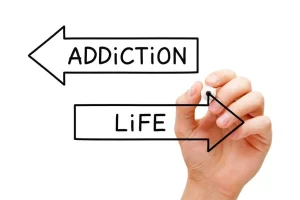
What are the symptoms of alcohol withdrawal seizures?
- Depending on the degree of cognitive impairment influencing accurate history taking, patients may report various neuro-ophthalmic concerns, including diplopia or more subtle visual symptoms.
- The animals exhibit sound-evoked audiogenic seizures or handling-induced convulsions during the 1- to 3-day period after cessation of alcohol intake and may also experience spontaneous generalized seizures.
- Alcohol is the common name for drinking alcohol, but it’s actually a specific chemical in a broad category of chemicals called alcohol.
- We will also talk about why it’s important to recognize them and get prompt treatment.
This allows the brain and body to adjust without extreme neurochemical imbalances. Nutritional support, hydration, and supplementation of vitamins, particularly thiamine (Vitamin B1), also help reduce withdrawal severity. The risk factors of alcohol withdrawal are heavy alcohol use, age, a delirium tremens history, dehydration, electrolyte imbalances, brain lesions, abnormal liver function, certain medications, and substance abuse. The symptoms of alcohol withdrawal include anxiety, tremors, sweating, nausea, and elevated heart rate, which appear within 6–24 hours after the last drink. Severe symptoms, such as seizures, hallucinations, and delirium tremens (DTs), develop in a few cases and are life-threatening if untreated. Alcohol withdrawal is a physiological and neurological response that occurs when prolonged alcohol consumption is suddenly reduced or stopped.
Be the first to write a comment.